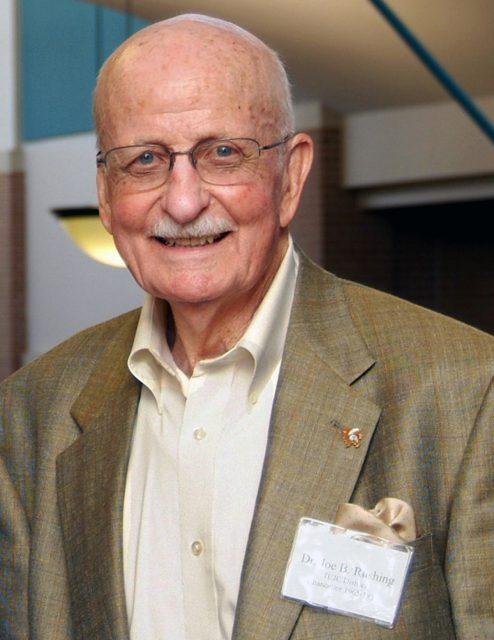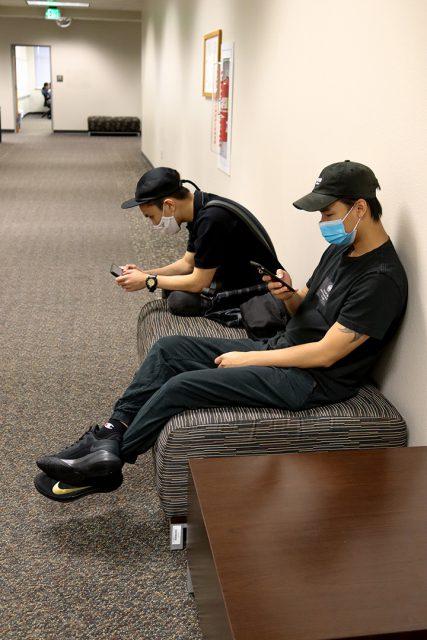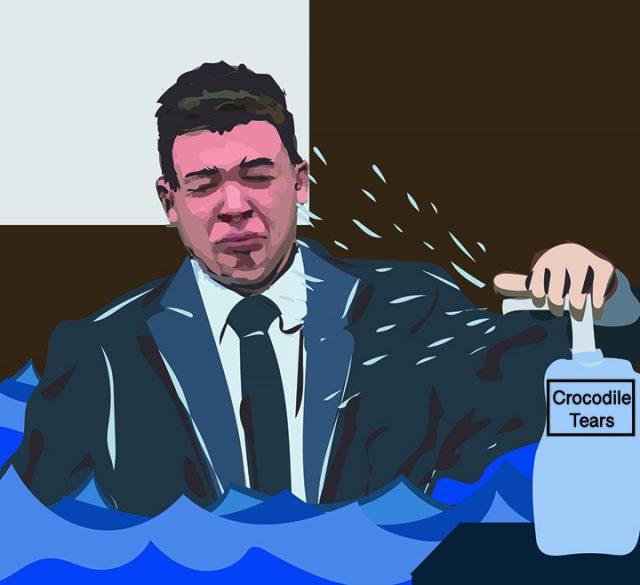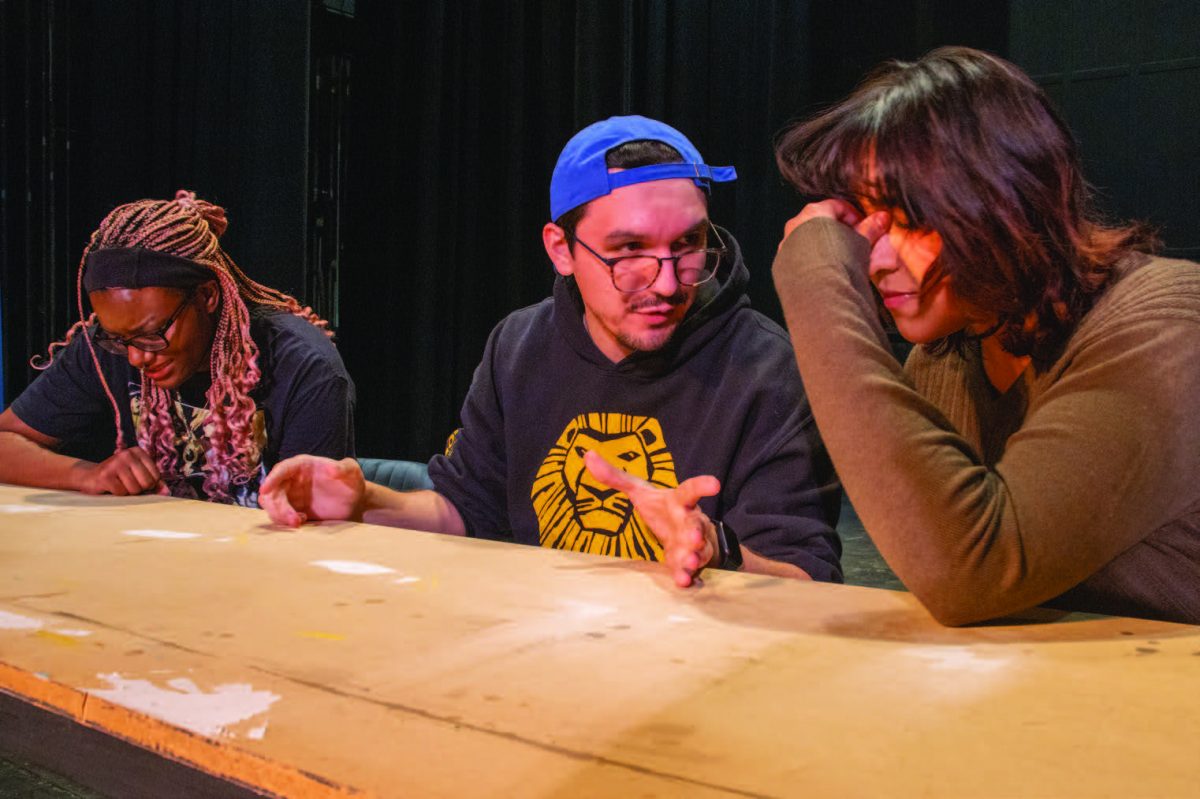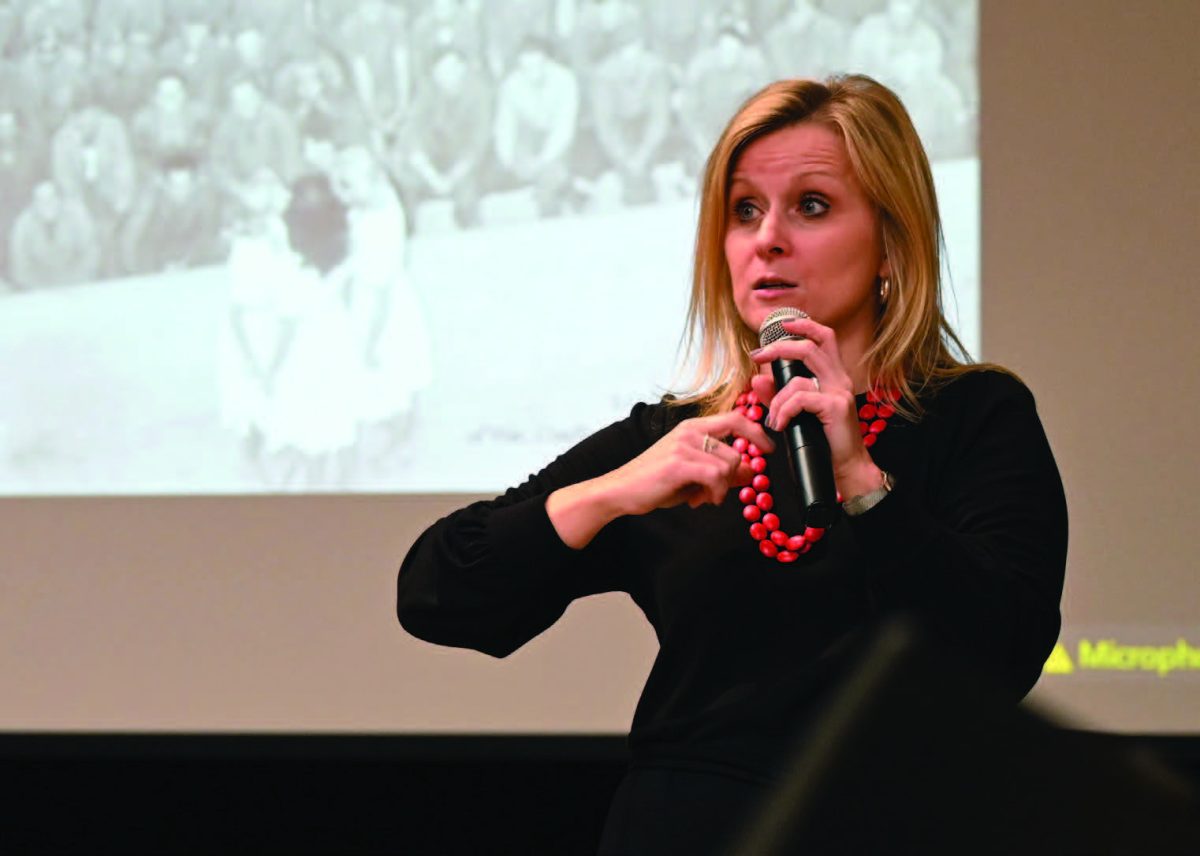Jonathan Ware
reporter
Connect Campus hosted an online webinar Oct. 19 where a speaker talked about the difficulties of dealing with grief.
Students listened to Bicri Hernandez, who is a chaplain and manager of the clinical pastoral education program at Baylor Scott and White Health All Saints Hospital in Fort Worth.
Connect academic adviser Javine Toms, who organized the event, said it is important for everyone to learn how to manage emotions during a time of loss.
“In many ways, the pandemic resulted in significant loss for all of us,” Toms said. “Our emotions were extremely volatile during this unexpected period, which brought a great deal of uncertainty into our lives. Many of us have struggled to manage with and comprehend our emotions, much alone find true serenity. Recognizing this, I believe it is critical to provide services to students that assist them in maintaining their mental health as a top priority.”
She also said it is important to help one another when they are dealing with the loss of a loved one.
“I’d advise concentrating on being present for them, being a good listener, being kind and supportive, and respecting the person’s mourning process,” Toms said. “Also, be considerate of how much time the person requires to progress after their loss.”
Prior to the event, Toms said she hoped the students see that there are ways to deal with emotion and grief.
“My objective is that students would see and learn that there are a variety of healthy methods to manage grief and other emotions,” she said. “Understanding that grieving is a normal part of life and being able to adjust to the sudden change in your emotions that may occur. Learning to find new meaning in their lives after a loss and eventually moving on with their lives. I want them to be influenced by the knowledge that there is a new hope and beginning, and that whatever loss they are mourning did not put an end to their happiness permanently.”
Hernandez touched on the many stages of grief and ways that people can grieve.
“It is this grief has is not only emotional, but it’s also has physical, cognitive, behavioral, social, cultural, spiritual and even philosophical dimensions,” Hernandez said.
She then discussed how people experience grief in different ways.
“You know some people will be angry immediately,” she said. “Some people will go into denial, and some people will just be numb and they will just have a depression stage like they just have nothing to say, so it’s all over the place.”
Asking for help is not a bad thing during the coping process, she said.
“I know for me as a helper, as a professional helper, it takes a lot for me to ask for help during my time of grief,” Hernandez said. “But it is a way of coping, and it is a wonderful way of coping, of saying, ‘You know what, I used to be able to do this by myself, but now I can’t. I really need help.’”























